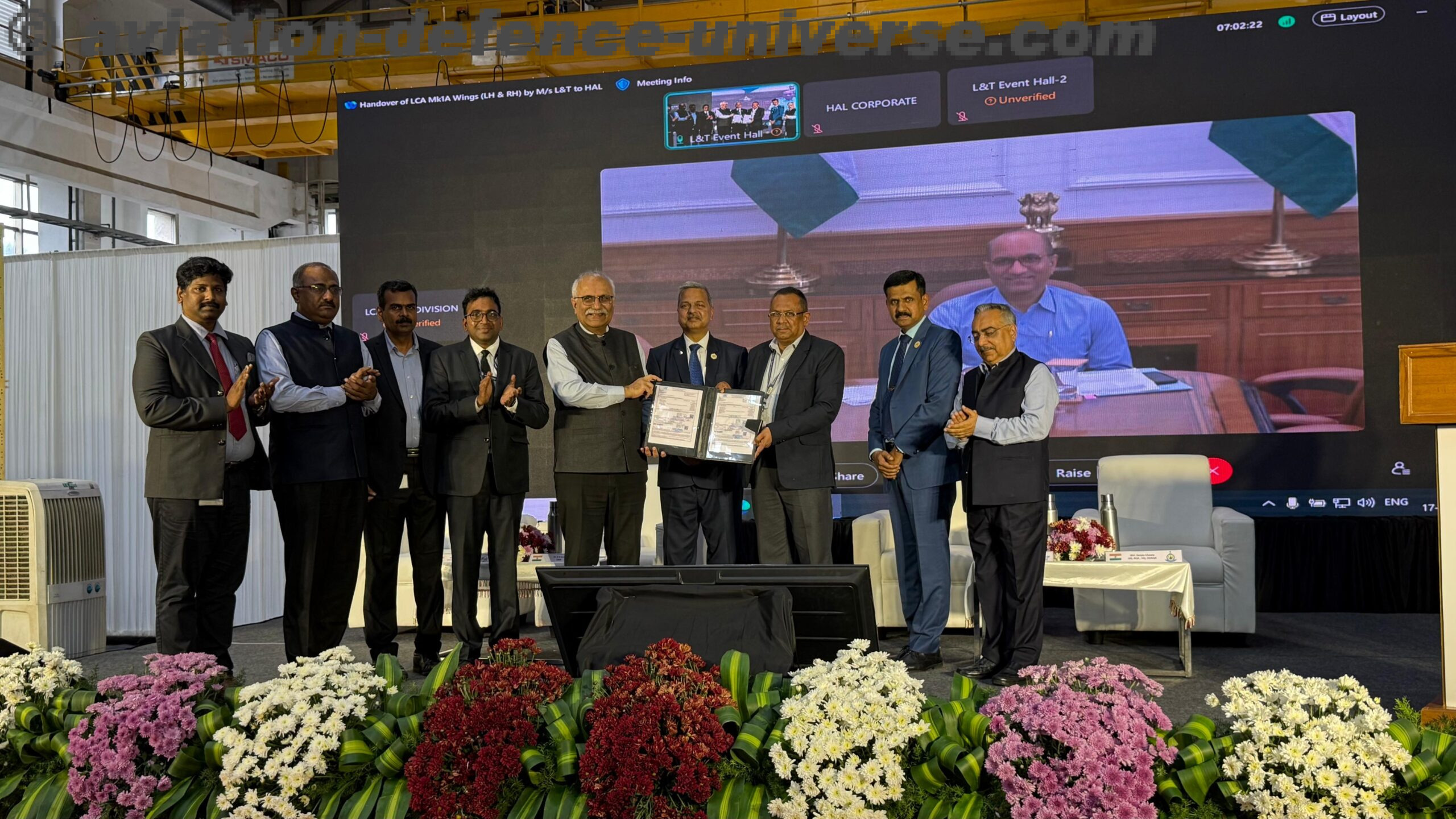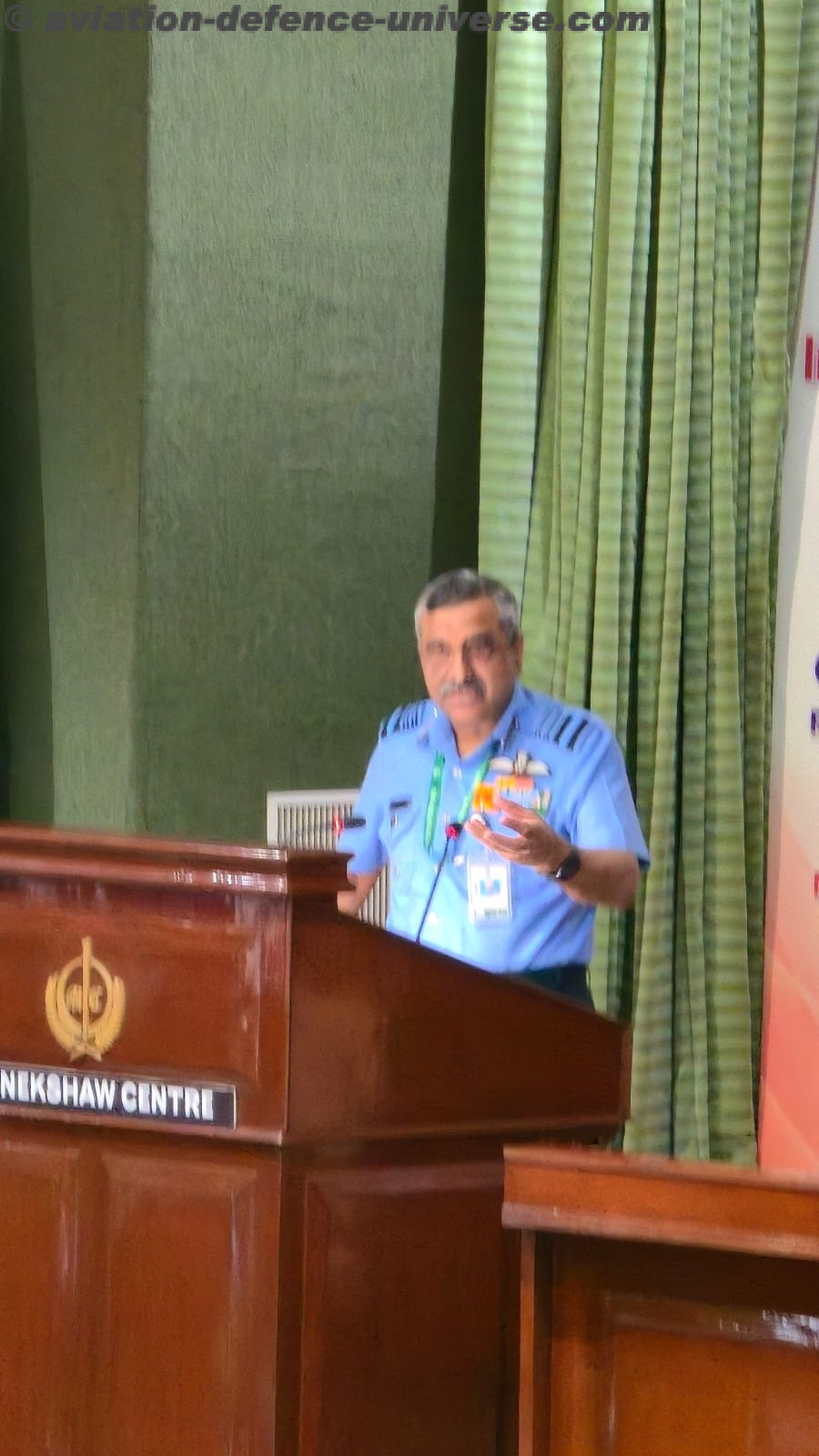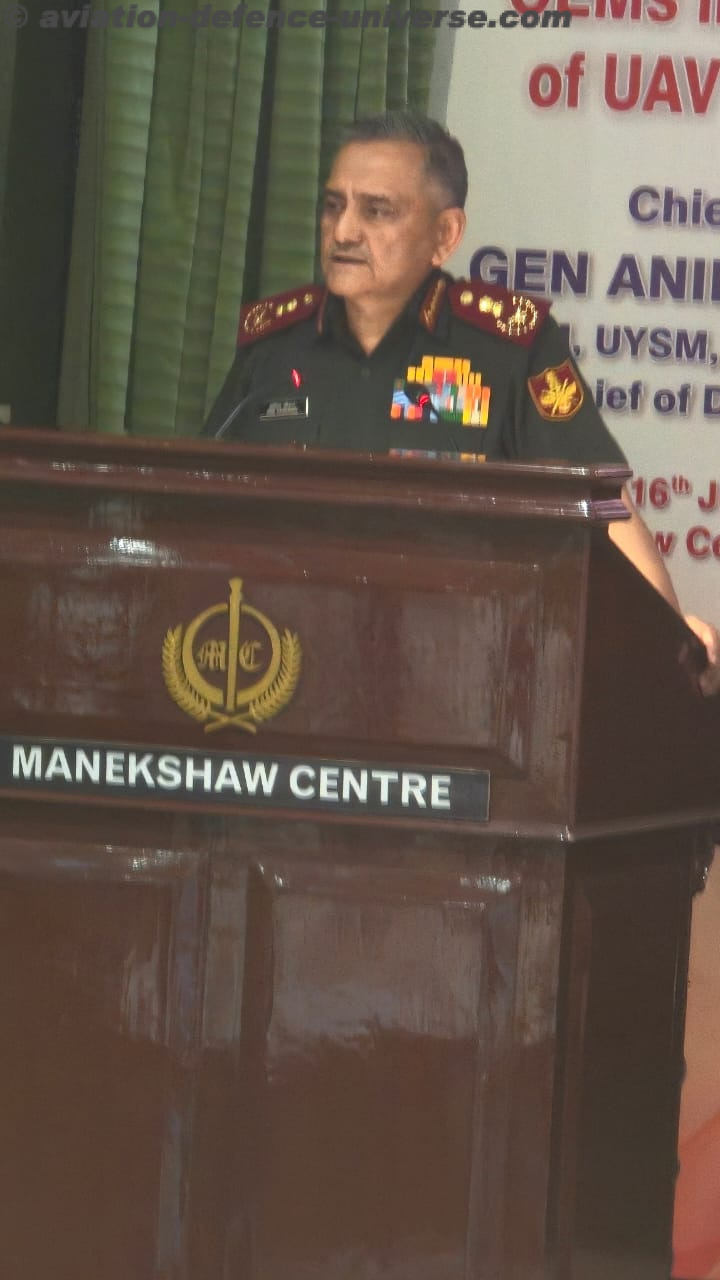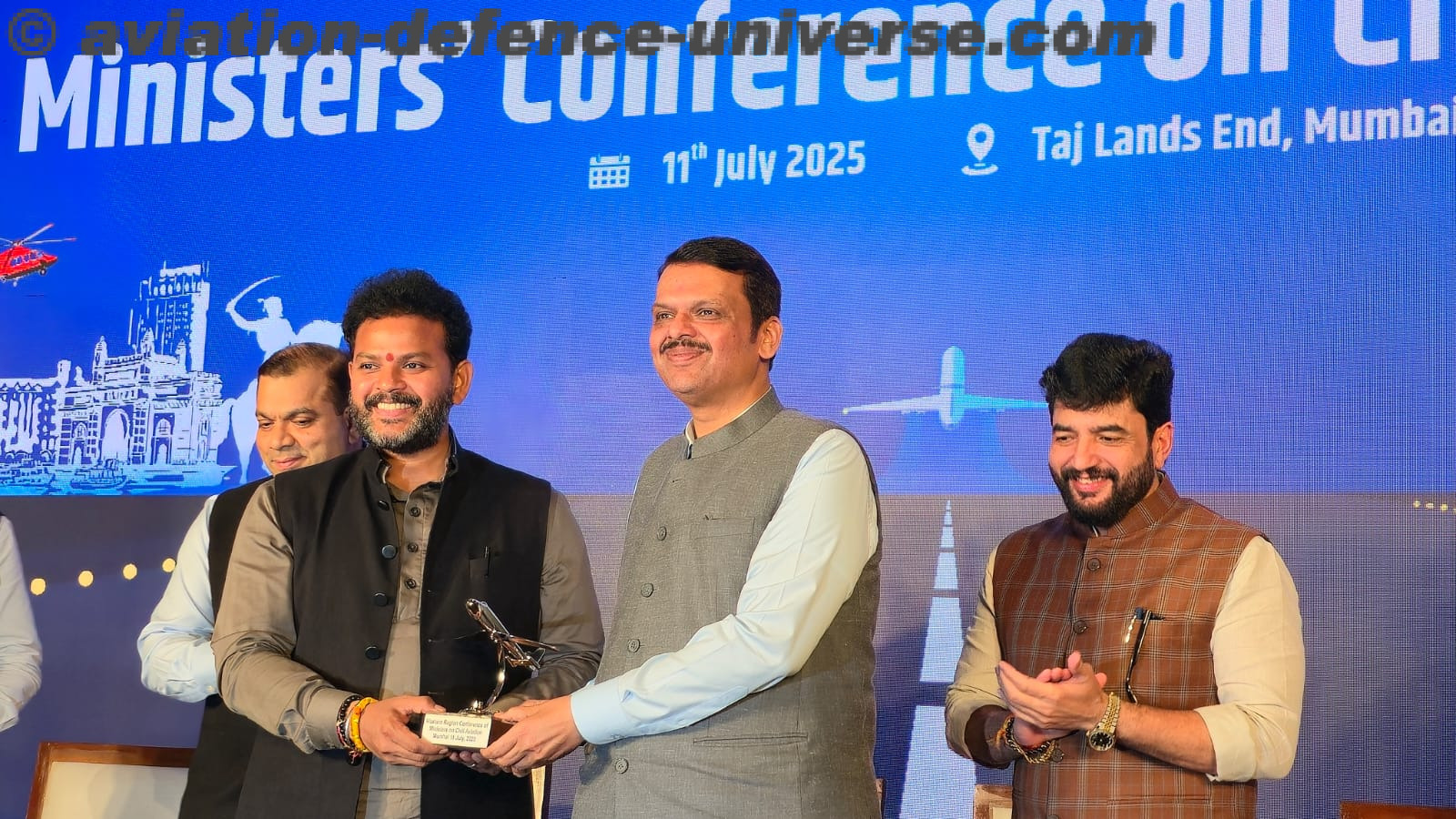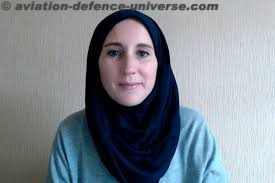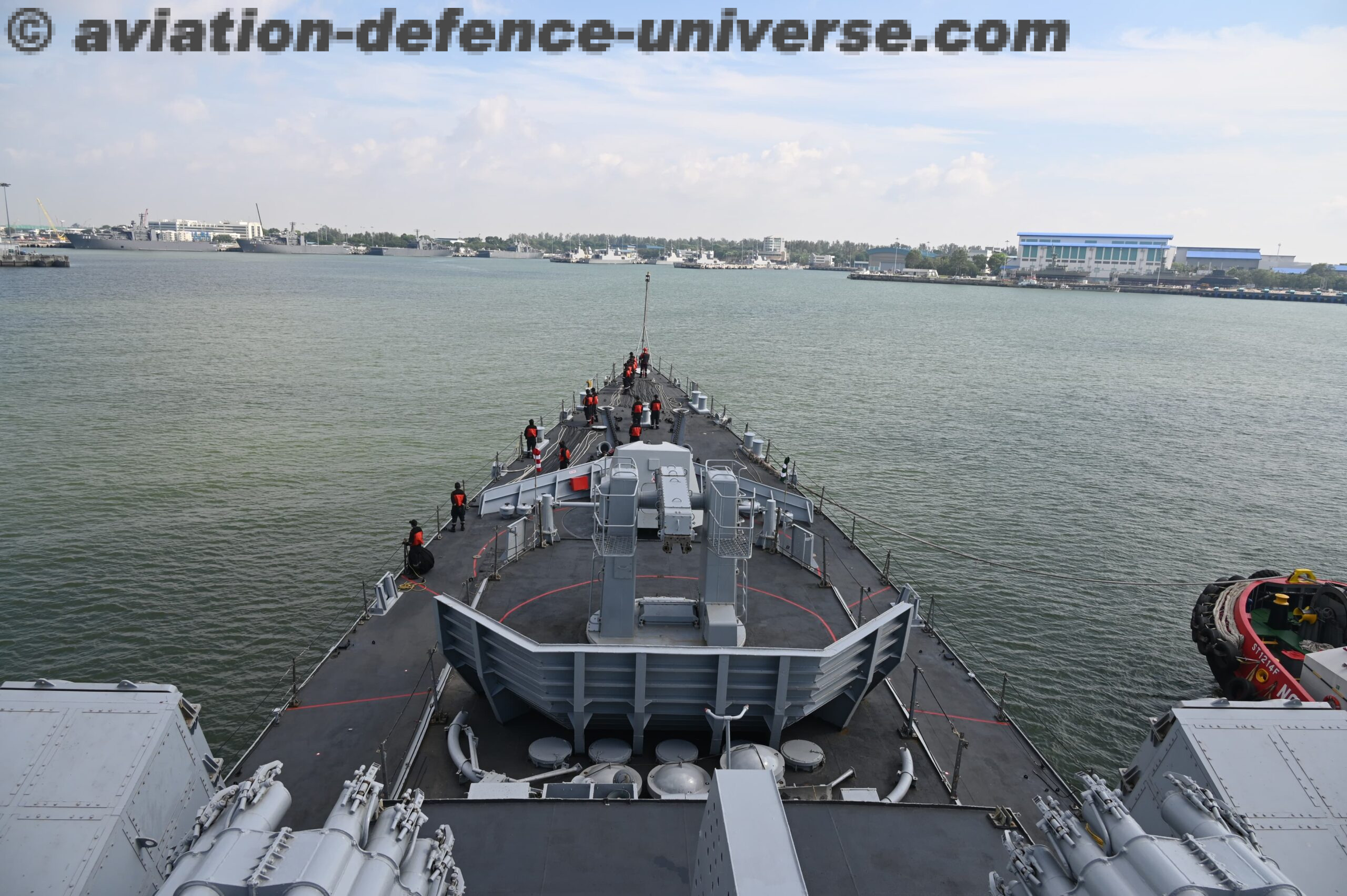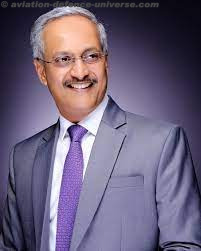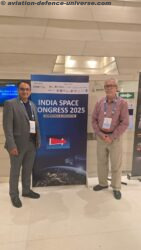New Delhi. 21 November 2023. “Notably, sustainable aviation fuel (SAF) has been recognised as one of the most potent ways to reduce the carbon emissions and footprint. MAG has been a pioneer in the usage of SAF in Malaysian aviation, having conducted 19 awareness flights powered by SAF since December 2021 through its airline subsidiaries – Malaysia Airlines, Firefly, and MASwings. We are also planning for more SAF-powered flights in the future,” said Philip See, Group Chief Sustainability Officer, Malaysia Aviation Group in an exclusive interview to Aviation & Defence Universe (ADU).
ADU. Please tell us a bit about yourself, your role and your journey at Malaysia Airlines.
PS. Currently, I manage a couple of portfolios, serving as Group Chief Sustainability Officer and Chief Executive Officer of Loyalty & Travel Services for Malaysia Aviation Group. As part of my previous experience within MAG, I held several senior leadership roles. I have also served as the CEO of Firefly, a wholly owned subsidiary of MAG and Head of Strategy for MAG
ADU. Malaysia Airlines recently signed a partnership agreement with CHOOOSE. How has it helped the airline and its customers on the sustainability front?
PS. Our recent partnership with CHOOOSE, a Norway-based climate tech company, is another testament of our commitment towards sustainability. Guided by the MAG sustainability blueprint, we are fully devoted towards UN’s Sustainable Development Goals (SDGs) of net zero carbon emissions by 2050. The Sustainable Development Goals (SDGs) that we focus and prioritize on are SDG 5 – Gender Equality, SDG 7 – Affordable and Clean Energy , SDG 12 – Responsible Consumption and Production and SDG 13 – Climate Action .
Travellers, particularly those belonging to the younger generation, increasingly want to understand the impact of their choices on the environment. The partnership with CHOOOSE caters to Malaysia Airlines’ individual and corporate customers, allowing them to understand and address the emissions associated with their flights. Customers can now support verified carbon offset projects directly while booking through the airline’s official website.
Through the integration of the CHOOOSE-powered solution directly into the customer booking flow, MAG guarantees transparency around the carbon emissions of every journey. Consumers are at the forefront of all that we do, and we also aim to make them a significant part of our sustainability journey.
ADU. Kindly shed light on the key pathways identified by Malaysia Aviation Group (MAG) to operate in a sustainable manner.
PS. Sustainability remains a key consideration in our daily operations. We approach sustainability in a holistic manner , addressing environmental, social and governance.We strive to take measurable actions that contribute to thesocio-economic development and to align with the broader objective set by the UN to achieve net-zero carbon emissions by 2050.
To attain this, the Group has identified four key pathways: operational efficiency, technological advancements, adoption of SAF, and tapping into carbon markets. MAG has a programme to track GHG emissions, develop a decarbonisation road map, renew its fleet, install solar panels, and manage waste to reduce ground emissions.
We are implementing a range of measures to operate sustainably. These include using electric vehicles for ground handling solutions, engaging with the local NGOs to upcycle crew uniforms and in-flight materials into functional pieces, and incorporating more biodegradable materials for in-flight products. Recently, we launched a voluntary carbon offset program, which empowers our customers to actively mitigate their carbon footprint and contribute to a greener future.
For us, sustainability extends beyond just the environment. We are also focussed on increasing the representation of female employees in technical roles as well as reducing income inequalities.
ADU. Kindly highlight the importance of sustainability for the aviation sector. How is the airline planning to spread awareness about sustainability among travellers.
PS. Over the years, there has been a rapid increase in the number of people opting for air travel. As a result, the aviation sector has now become one of the fastest-growing contributors to greenhouse gas emissions. Taking this into account , the United Nations has adopted a collective goal of achieving net-zero carbon emissions for the global aviation sector by 2050. In line with our Sustainability Blueprint and our commitment Civil Aviation Organization (ICAO) and International Air Transport Association (IATA), we fully support and proactively take actions towards the UN’s aspirational goal.
Driven by widespread awareness about climate change, consumers are increasingly becoming conscious of the impact their choices have on the environment. For instance, customers are increasingly interested in understanding their carbon footprint and anticipate airlines to assist them in making their travel eco-friendlier. Consequently, organizations should formulate comprehensive strategies aimed at substantial reductions in their environmental impact while nurturing environmentally responsible workplaces. This approach aims to prioritize customer satisfaction and environmental stewardship simultaneously.
To make customers an integral part of our sustainability journey, we have unveiled a passenger voluntary offset project that gives passengers an option to offset their emissions as part of their travel. We invite our passengers to take a proactive step towards reducing their carbon footprint by participating in our voluntary passenger offset program through the Malaysia Airlines website. Passenger may offset their flight’s emissions by contributing to sustainable initiatives that support environmental conservation and carbon reduction efforts. By doing so, they can make a tangible difference in the fight against climate change while enjoying the convenience of their journey.We believe that such efforts will only propel us towards becoming a more responsible, efficient, and customer-centric organization.
ADU. What measures have been undertaken by MAG to reduce its carbon footprint?
PS. At MAG, we understand the significance of monitoring our carbon footprint. Therefore, even as we continue to grow as an airline and expand our network, we remain highly focused on reducing our carbon footprint. In line with our sustainability agenda, we have undertaken several eco-friendly initiatives. We are voluntarily participating in the Carbon Offsetting and Reduction Scheme for International Aviation (CORSIA). This means that Malaysia Airlines will have offsetting obligations in the future to ensure that any increase in emissions (whether through expansion of operations or an increase in frequencies) is compensated through the purchase of carbon credits. We have also adopted the GHG Protocol Corporate Accounting and Reporting Standard, which covers the accounting and reporting of seven GHG emissions covered by the Kyoto Protocol. We collaborated with Sustainable Energy Development Authority Malaysia (SEDA) to install solar panels at the MASkargo facilities – the cargo business arm of MAG, which reduces our reliance on Malaysia’s electrical grid, thus decreasing Scope 2 emissions.
Furthermore, our fuel efficiency programme has been running for more than a decade. With reference to the programme, we have witnessed a significant fuel burn improvement in the last few years. Data analytics has been at the centre of the programme, facilitating improvements in systems infrastructure and capabilities. Considering fleet modernisation,MAG has acquired 25 B737-8 and 20 A330 Neo which will be delivered in phases in the coming years. Our new aircrafts, including the current A350 will be able to reduce environmental impacts as each aircraft consumes 11% to 14% less fuel than our current fleet thus significantly lowering our carbon emissions.
Notably, sustainable aviation fuel (SAF) has been recognised as one of the most potent ways to reduce the carbon emissions and footprint. MAG has been a pioneer in the usage of SAF in Malaysian aviation, having conducted 19 awareness flights powered by SAF since December 2021 through its airline subsidiaries – Malaysia Airlines, Firefly, and MASwings. We are also planning for more SAF-powered flights in the future.
MAG also signed a sustainable aviation fuel (SAF) offtake agreement with Petronas Dagangan Berhad (PDB), a milestone achieved through collaborative efforts aimed at introducing commercial-scale SAF production in Malaysia. Under the terms of this partnership, MAG has demonstrated its commitment to procuring SAF from PDB, aligning with its overarching goal of achieving net-zero carbon emissions by 2050. The initial SAF deliveries, scheduled to commence in 2027 at Kuala Lumpur International Airport, will be allocated for utilization on flights operated through MAG airlines subsidiaries – Malaysia Airlines, Firefly and MASwings.
By undertaking these initiatives, we aim to create a positive impact in not only the industry, but also towards the cause of a better future for the planet.












